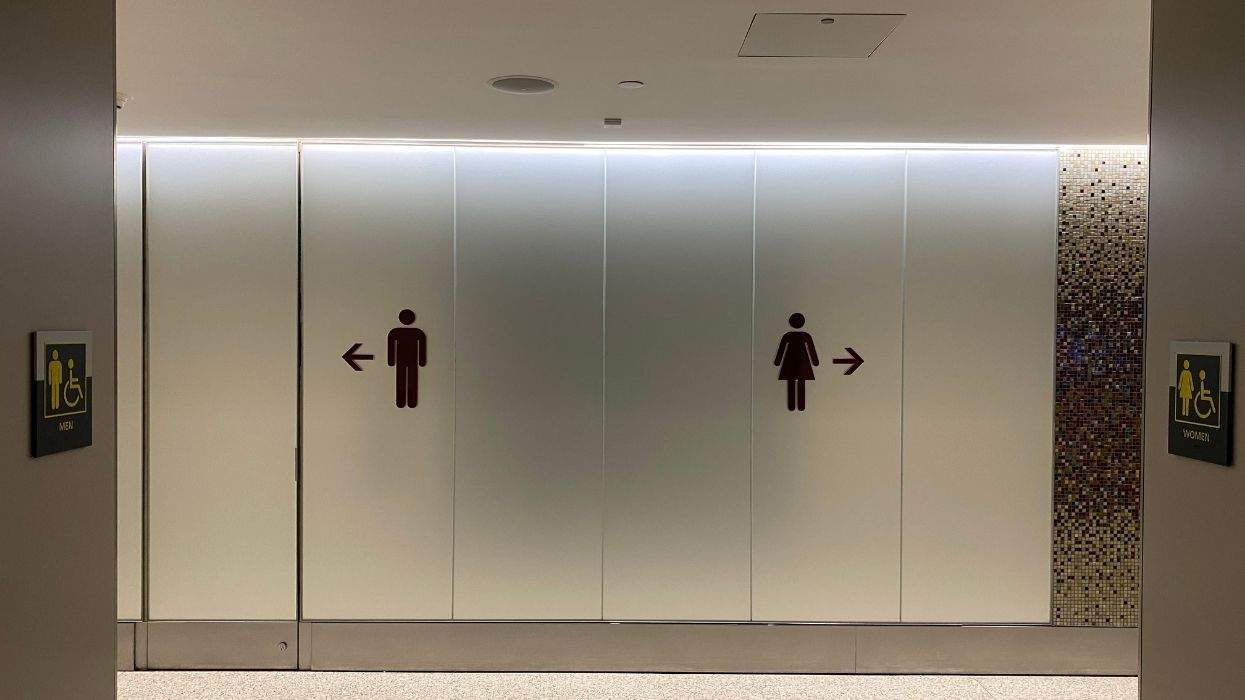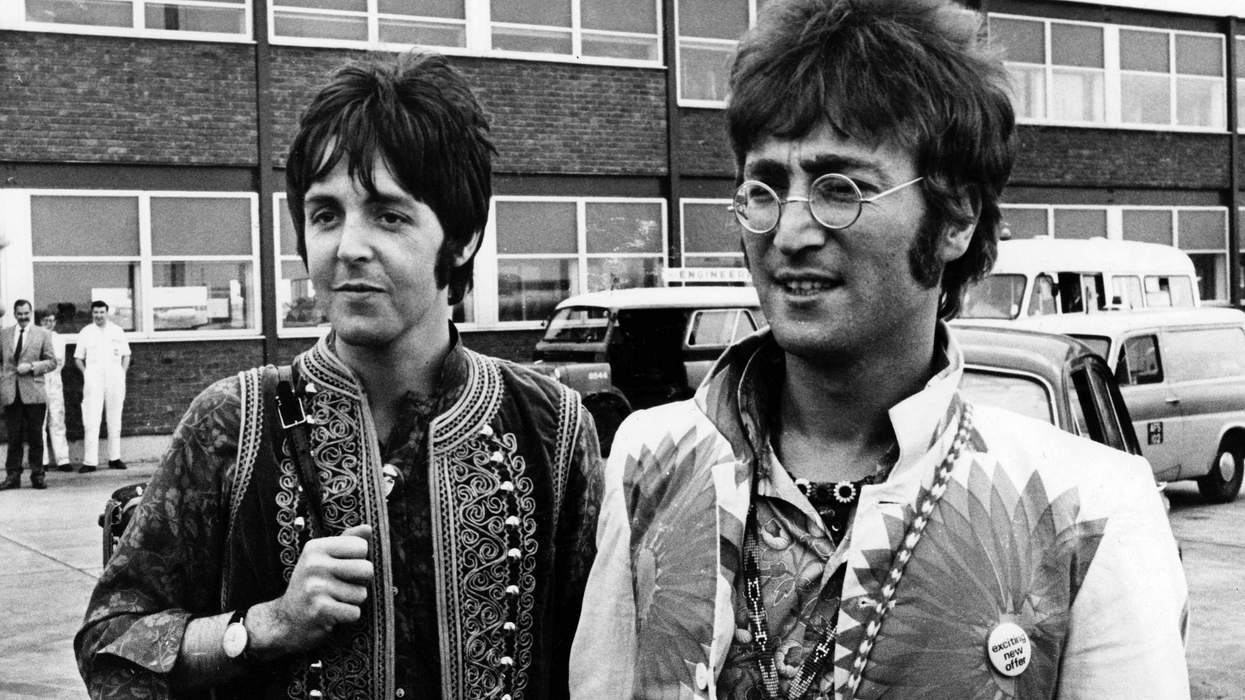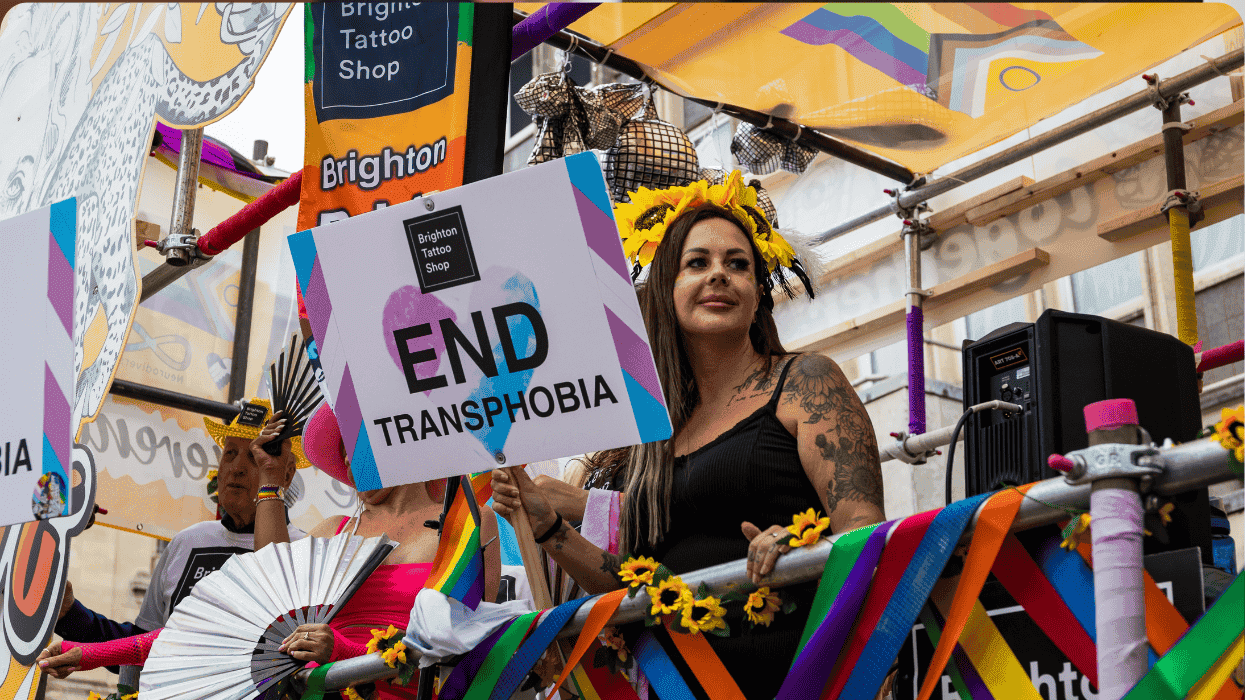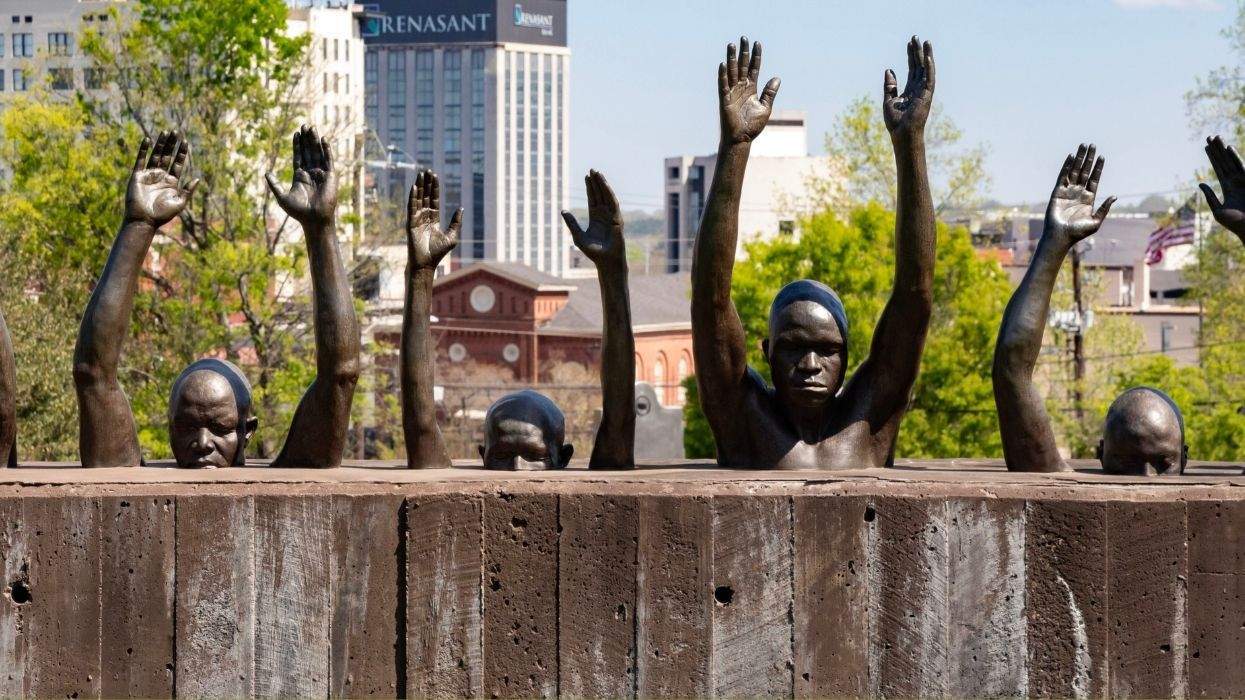Lately, I have been receiving a lot of messages from cis and trans women alike telling me that I am wrong to prioritize trans women of color in my writings and personal conversations with other trans rights advocates. I am told that I am wrong for making these conversations about race and how we trans women of color are denied our voices in spaces meant for all trans women. I am told that we need to think about all of the struggles that trans women face every day because "all lives matter."
I get it. I know that all lives matter. All of your lives matter to me. Every one of you equally.
Yet I still feel there is an essential need to highlight the needs of trans women of color specifically, not only in my conversations, but in all of our conversations. I am a trans woman of color, and I ask you, Does my life not matter? Should we equate the deaths and severe discrimination that trans women of color face to that of other trans women?
Since the start of 2015, eight trans women have been killed in the U.S. Seven of those women were trans women of color. This list does not take into account the two known suicides of trans women of color. One of those women happened to be my friend, who leapt from the Golden Gate Bridge last week. She was bullied and harassed and believed that this was the only way to make it stop. The other, Melonie Elizabeth Rose, a trans woman of color who lived in Maryland. My friend had no story printed about her, and Melonie only had one on the entire Internet.
What is the problem? Why are people, especially those in the trans community, apathetic to any issues involving trans women of color?
The problem, as I see it, is that a lot of white trans activists have internalized white supremacy that they do not wish to acknowledge.
No, you are not overt about it. It is something that was placed inside you when you were a wee child. The little cues that you learned from your parents. The little jabs at people of color that at the time were perhaps a joke. These things come out in subtle ways once you're an adult. They come out in such a way that you don't even notice it, such as silencing the voices of trans women of color in trans spaces; minimizing the struggles of trans people of color with phrases like "we all have the same struggles." Or even telling us that we are just too angry.
I am not calling any of you racist. I am trying to say that we all have something like this within ourselves. Yes, all of us. Some of us recognize it and try to work on it. Then there are the folks who wish to deny that white privilege exists.
This is the most insidious thing. Denying that your privilege exists plays into the hands of the oppressors. Hell, it firmly places you in their camp. A friend of mine is fond of paraphrasing Rick James by saying, "Privilege is a hell of a drug!" I can see that. It truly is. To be able to walk through life and not have people think the worst of you upon first meeting. To have the media speak highly of you even when you have done something horrific. Who would not want that sort of life?
Yes, I prioritize the lives of trans women of color. Because we cannot advance the struggle of trans women as a whole when there are so many that are marginalized within our community. To advance our cause without paying attention to minority women will only leave those marginalized in the same position as where they started. Upon hearing of transgender woman Bri Golec's death, Topside Press editor Tom Leger tweeted, "If 7 gay white men had been shot by their fathers & boyfriends, GLAAD and HRC would be on TV every night, every channel, calling [for] justice." My roommate took it one step further and said that within a week or two there would have been a million-queer march on Washington, D.C. And I believe them both. The only way anything will get done is if we stand together and fight for these things one at a time.
Remember, during the African-American civil rights movement of the 20th century, it was not just people of color who made change happen. White people lent their voices to the cause. I cite this example because it shows what being an ally looks like. It shows allies backing up their words with their actions and with their bodies.
Little do people know, because our school system is so messed up, it was not only black people who were being lynched back in those times; white people were lynched too. White people took the same beatings that black people did on the freedom rides. White people suffered the hoses and the dogs. I know that without those brave souls -- our white allies -- to lend their voice to the cause, there would have been no change.
What trans women of color need is for our allies to truly stand with us, just like during the civil rights movement. What we need is for white trans activists to understand that their struggle is not entirely the same. What we need is for trans women of color to be heard in the spaces that are meant for all trans people. What we need is to be included in the fight and to see that we matter to the rest of the trans community. What we need is for the voices of the whole community to shed light on what can only be called the genocide of trans women of color.
You may think me crazy, you may think me foolish, but I believe in us all. I believe that we can raise up trans women of color to the same level as everyone else in the trans community by taking these simple steps. I believe that if this happens, we all will be stronger for it. If this happens, we can see change in this lifetime.
VERONICA SMITH is a trans rights activist, U.S. Navy veteran, and student at the Borough of Manhattan Community College, studying programming and Web programming.















Charlie Kirk DID say stoning gay people was the 'perfect law' — and these other heinous quotes
These are some of his worst comments about LGBTQ+ people made by Charlie Kirk.